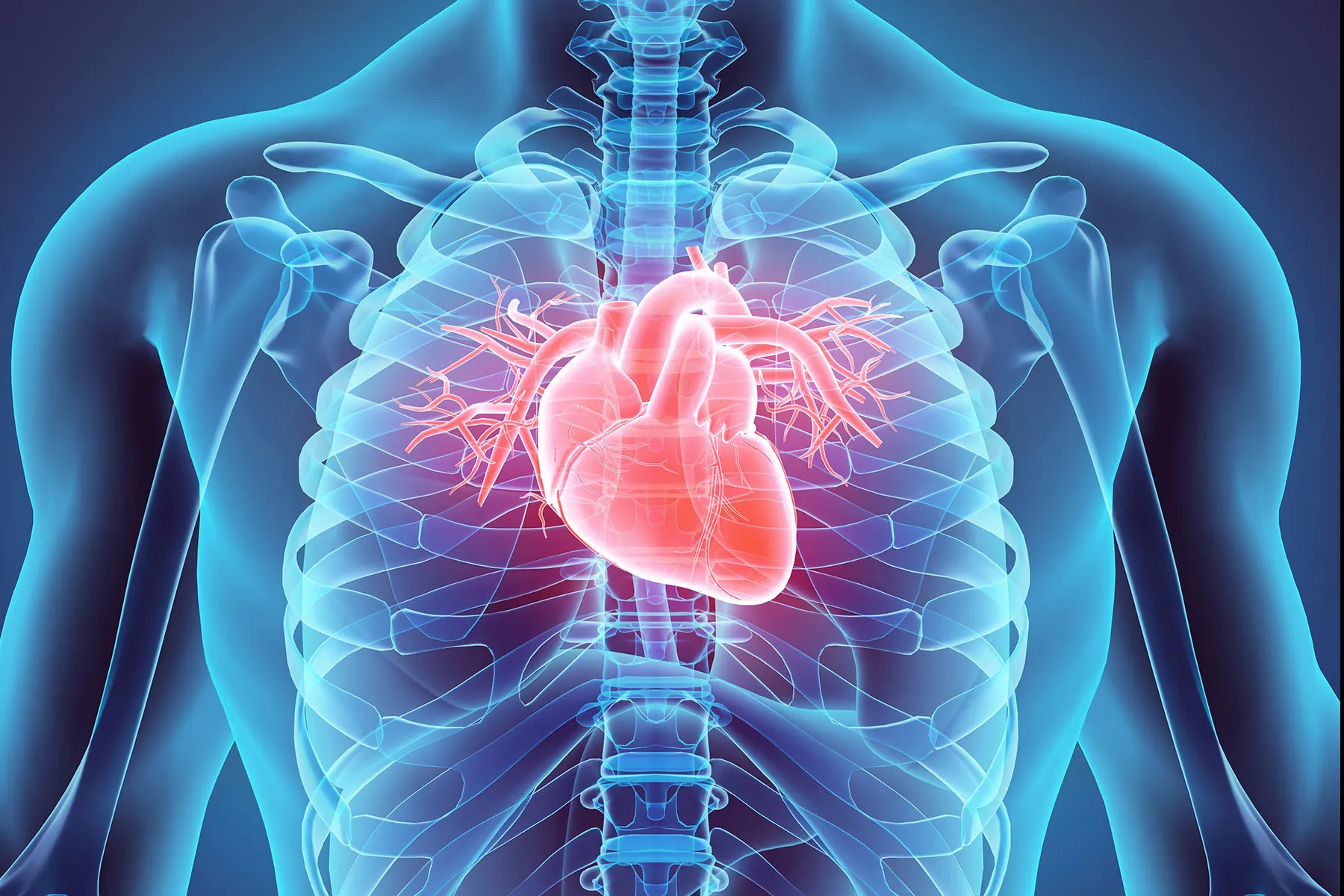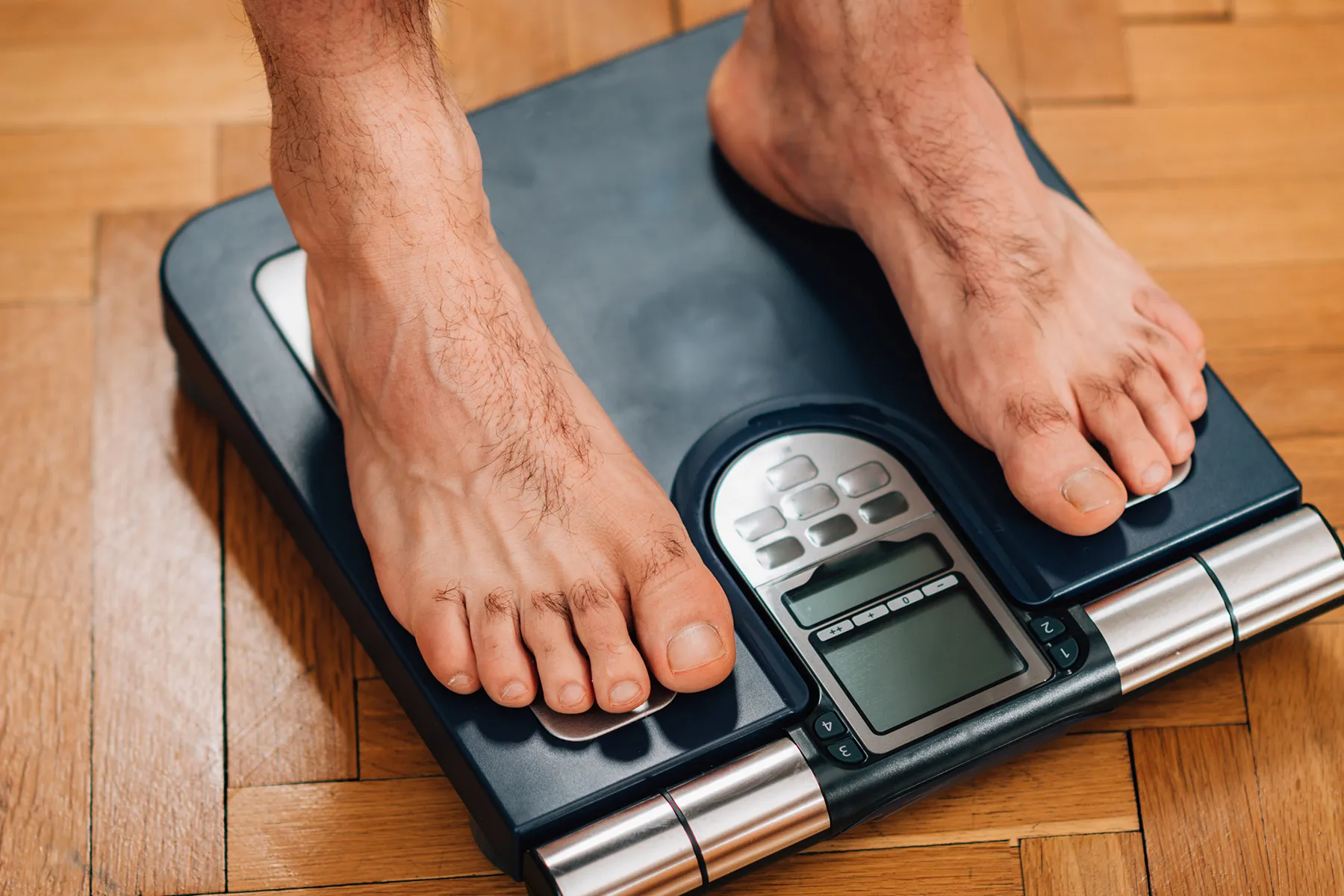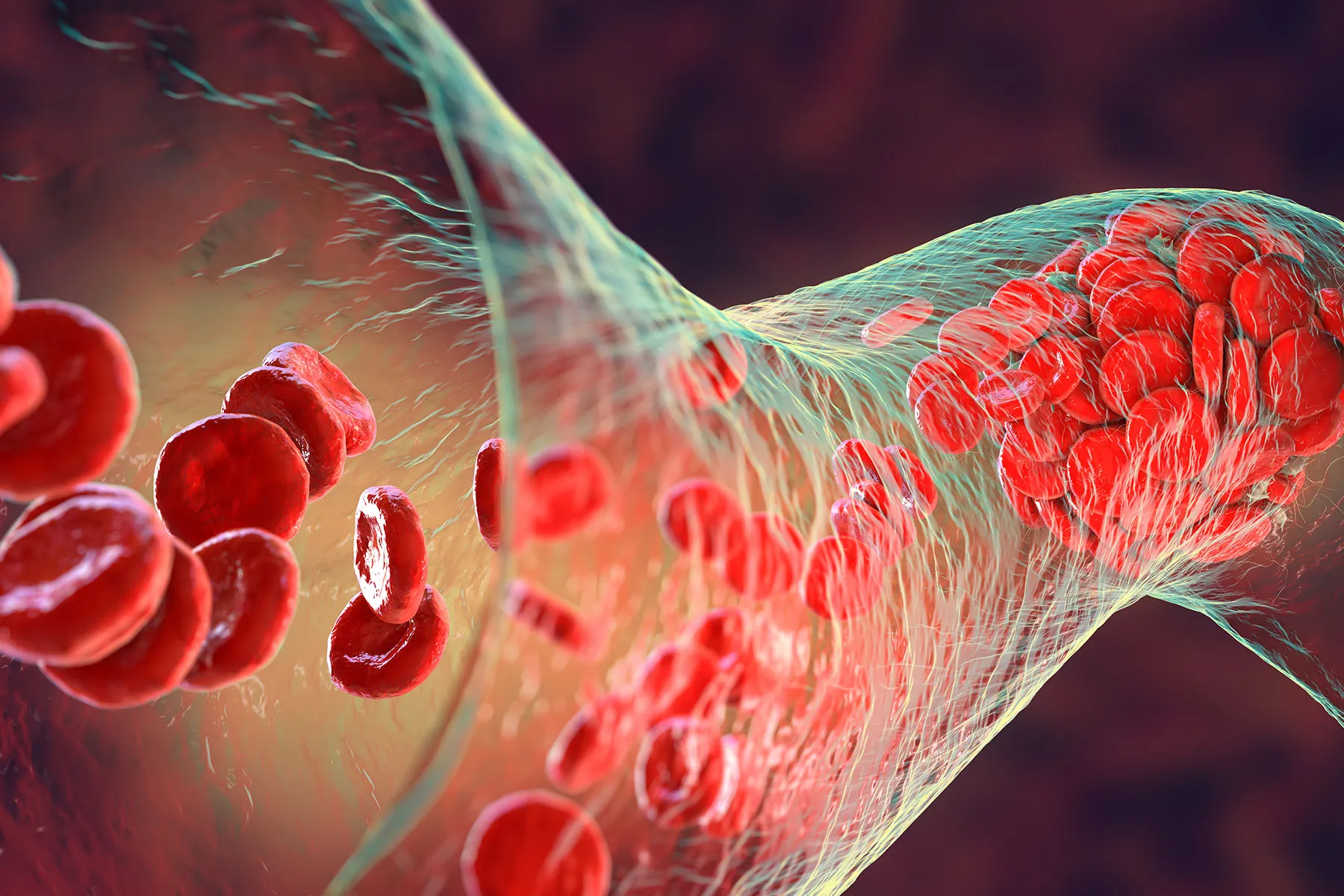Improving the Odds: 10 Ways to Reduce Your Risk of Heart Failure

Sources Medically Reviewed on 07/07/2022 Reviewed by Carmelita Swiner, MD on July 07, 2022
PHOTO CREDITS:
1. iStock / Getty Images
2. iStock / Getty Images
3. The Image Bank / Getty Images
4. EyeEm / Getty Images
5. Moment / Getty Images
6. DigitalVision / Getty Images
7. E+ / Getty Images
8. Moment / Getty Images
9. Moment / Getty Images
10. Moment / Getty Images
11. iStock / Getty Images
12. DigitalVision / Getty Images
SOURCE:
University of Arizona Saver Heart Center: “Lifestyle Changes for Heart Attack Prevention.”
Mayo Clinic: “Strategies to prevent heart disease.”
American Heart Association: “Lifestyle Changes for Heart Attack Prevention.”
Reviewed by Carmelita Swiner, MD on July 07, 2022
This tool does not provide medical advice. See additional information.
THIS TOOL DOES NOT PROVIDE MEDICAL ADVICE. It is intended for general informational purposes only and does not address individual circumstances. It is not a substitute for professional medical advice, diagnosis or treatment and should not be relied on to make decisions about your health. Never ignore professional medical advice in seeking treatment because of something you have read on the WebMD Site. If you think you may have a medical emergency, immediately call your doctor or dial 911.










